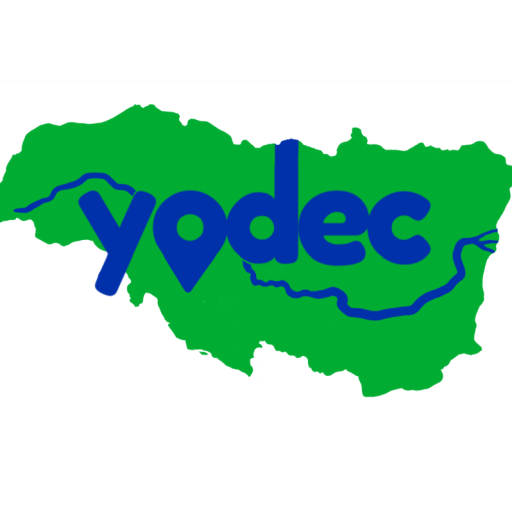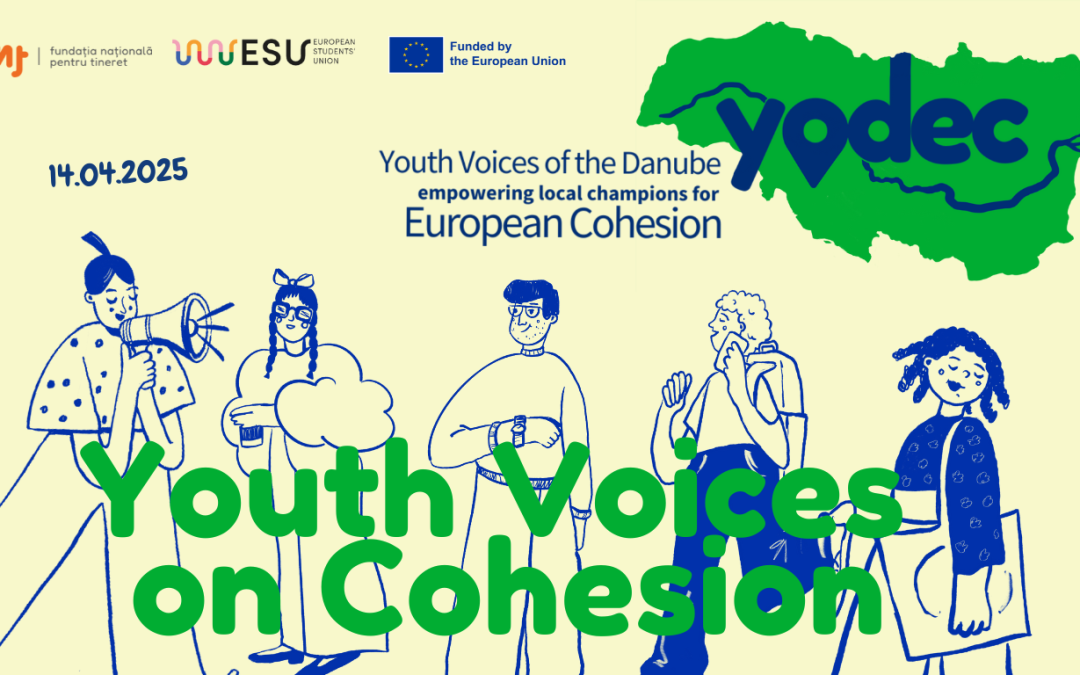On April 14, 2025, a group of Romanian teenagers came together to share their thoughts on what it’s like to live near a border — and how European cooperation can shape their future. The discussion brought fresh ideas and honest opinions from students who are ready to build bridges across communities.
The group began by discussing a key question:
“Is living next to a border an opportunity or a disadvantage?”
This time, all participants were on the same page: living near a border is an opportunity. They highlighted several reasons for this view. First, there are better chances for friendships and exchanges with people across the border — a great way to experience new cultures and expand social circles.
Students also mentioned job and study opportunities in neighboring countries, as well as access to different markets and services. Whether it’s traveling to buy more affordable goods, seeing a specialist for healthcare, or joining a study program abroad, many felt that living close to a border adds flexibility and value to everyday life.
The next topic asked students to reflect on their community:
“In the place where you live, what are the main topics where cooperation is needed?”
The most common answer? Education. Many felt that the quality of education needs to improve, not just through better resources, but also through more engaging and creative teaching methods. Students expressed a strong desire for non-formal learning opportunities, where they could gain practical skills and explore their interests outside the traditional classroom setting.
There was also a call for programmes that raise political awareness, especially for young people. One student suggested that empowering youth with more information about democracy, the EU, and active citizenship could make a real difference. Environmental cooperation was also mentioned, with specific concern about air quality and the need for cross-regional efforts to protect public health and the planet.
Next came the question:
“Can you name an Interreg project that you find useful in the place where you live?”
Interestingly, none of the participants could name a specific project. This silence says a lot. It shows there’s a clear gap in visibility and awareness when it comes to Interreg and similar EU programmes — especially among young people. While the EU invests in important cross-border work, the message isn’t always reaching the very communities that could benefit the most.
When asked about challenges, the students responded to:
“In your daily life, what are the biggest difficulties for cross-border and transnational cooperation?”
One major concern was a lack of trust between people from different regions or countries. Students felt that cultural misunderstandings or historical tensions can create walls where there should be bridges. They also brought up the lack of awareness surrounding EU cooperation programmes — many teens simply don’t know these projects exist, or how to get involved.
Finally, participants emphasized the importance of a proactive attitude. They said that both individuals and institutions need to show more initiative — whether it’s promoting opportunities in schools or creating partnerships that encourage youth participation in cross-border initiatives.
To close, the students were asked to dream big:
“What would be the cooperation project of your dreams?”
The answers were inspiring and practical. One student dreamed of a project to improve the quality and speed of train transport across Europe — making travel faster, greener, and easier. Another imagined creating non-formal learning hubs, spaces where young people could develop hands-on skills and explore real-life challenges.
A third participant suggested a cross-border animal welfare project, focused on building and supporting shelters in different regions. And one beautiful idea was a European music exchange programme, where young musicians could collaborate, travel, and perform together, building connections through creativity.
💬 Final Thought:
The students who participated in this conversation showed just how much potential there is when young voices are heard. They understand the value of cooperation — not just in theory, but in everyday life. Their ideas reflect a new generation of changemakers, ready to improve education, protect the environment, build connections, and bring people together across borders.
Even concerns about larger issues, like the impact of Brexit on access to education, show that these young people are already thinking globally. What they need now is recognition, access to opportunities, and real chances to turn their dreams into action.

